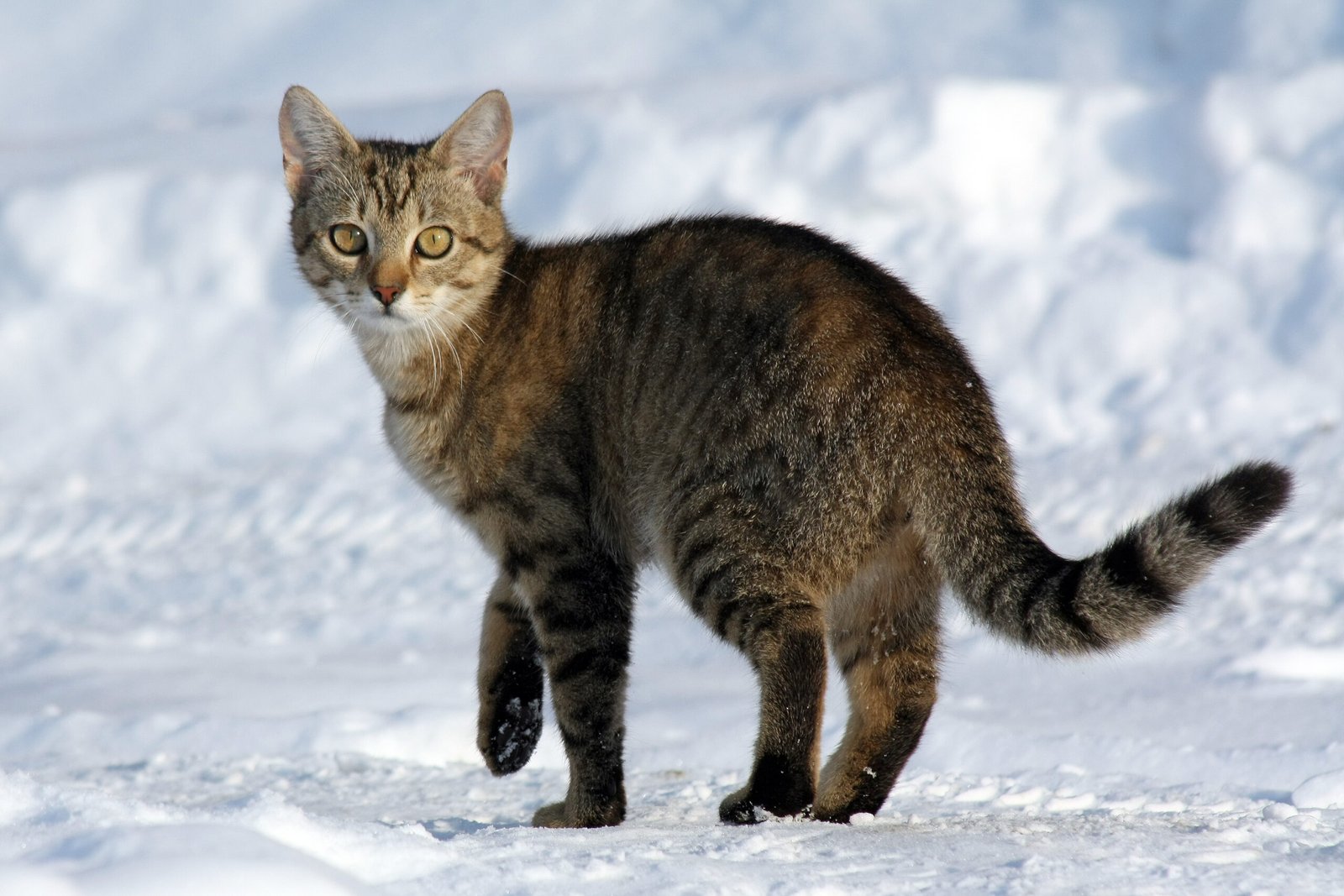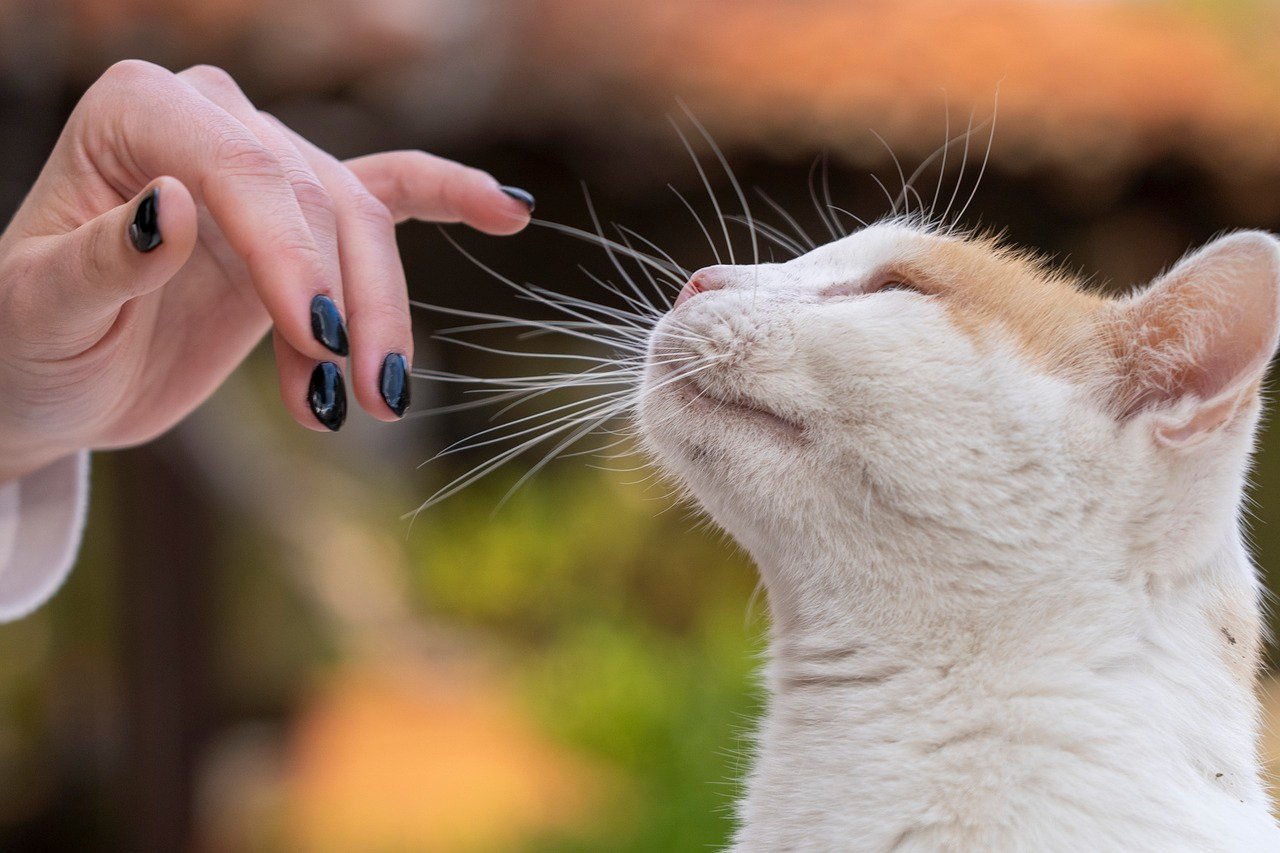The Secret World of Feline Attachment

Have you ever noticed how some cats seem to pick one person and stick to them like glue, ignoring everyone else in the house? It’s not just your imagination—cats can form powerful bonds with a single individual, sometimes leaving the rest of the family feeling snubbed. This feline behavior is both mysterious and fascinating, often rooted in early life experiences, personality, and even genetics. For cat lovers, it can feel both flattering and a little puzzling when your furry friend chooses you as their “one and only.” The depth of this attachment can be surprising, as some cats will follow their chosen human from room to room, meow plaintively when they leave, and even show signs of jealousy if attention is shared with others. It’s as if these cats live in a world where only their favorite person truly matters. If you’re the lucky one, you know how special—and sometimes overwhelming—this honor can feel.
Nature or Nurture? Early Life Matters
The seeds of feline loyalty are often sown in kittenhood. Cats that are raised in small, quiet environments and handled by just one or two people may be more likely to bond intensely with a single human later on. On the flip side, kittens exposed to a bustling household with lots of people may grow up to be more sociable. Imagine a kitten adopted by a single person—she learns to trust and rely on that one human for food, play, and affection. Over time, this early experience shapes her future relationships. Trauma, neglect, or inconsistent care during kittenhood can also make cats wary of new people, encouraging them to cling to the one person they know best. It’s like a child who’s moved from home to home—they may latch on tightly to the first person who shows them steady kindness.
Personality: The Cat’s Unique Character

Just like people, cats have personalities that range from social butterflies to shy wallflowers. Some are naturally more independent, while others crave constant companionship—but even among social cats, some will choose a favorite. Certain breeds, like Russian Blues or Siamese, are famous for forming deep, exclusive bonds. These “one-person cats” may remain aloof or even skittish around other family members, preferring the comfort of their trusted person’s lap. Sometimes, it’s a matter of personal chemistry, much like how we click with certain friends. If your cat follows you everywhere, sleeps on your pillow, and greets you at the door, it’s a sign you’ve become their chosen companion. For other family members, it might feel like being left out of an inside joke.
Territory and Trust: The Feline Mindset

Cats are creatures of habit and territory. To them, the world is divided into safe zones and unknown dangers. Their chosen human often becomes a “safe zone”—a living, breathing comfort blanket. When faced with guests, loud children, or changes in the home, cats may retreat to the one person they know will protect them. Trust is hard-earned for a cat, and once it’s given, it’s fiercely guarded. They may even hiss, hide, or run away from other family members, especially if those people are less involved in their daily care. In a way, cats treat their favorite person like their home base, always returning to them when the world feels overwhelming.
Routine: The Power of Consistency
Cats are sticklers for routine. If one person consistently feeds, plays with, and cares for the cat, it’s only natural that the cat will gravitate toward them. The daily rituals—morning cuddles, evening treats, or that special way you scratch behind their ears—become anchors in the cat’s life. Even small routines can have a big emotional impact. Imagine always being the one to refill the food bowl or open the window for sunbathing; your cat learns to associate you with good things. Over time, this reliable presence cements you as their preferred companion. Cats notice the details, and their affections often go to the person who meets their needs day after day.
Communication: Speaking the Same Language
Cats and humans develop their own forms of communication, sometimes without even realizing it. If you’re the type to talk softly, use gentle gestures, and respect your cat’s personal space, you’re more likely to win their trust. Some cats respond to specific tones, words, or even the sound of your footsteps. When you “speak cat”—by blinking slowly, respecting boundaries, or offering treats in just the right way—you build a bridge of understanding. If other family members are less patient or simply don’t interact as much, the cat naturally prefers the person who “gets” them. It’s a little like having your own secret handshake.
Stress and Sensitivity: Emotional Radar

Cats are sensitive to the emotional climate of the home. If there’s tension, loud voices, or frequent disruptions, they may seek out the calmest, most predictable person. Some cats are especially attuned to moods and can even sense when their favorite human is sad or stressed. They might curl up beside you, purr a little louder, or give you that slow, reassuring blink. This emotional radar works both ways—if other family members are less in tune with the cat’s needs or inadvertently cause stress, the cat will retreat further into their chosen relationship. For many cat lovers, there’s something comforting about knowing your cat is always there during tough times.
Changing Dynamics: Can Family Bonds Be Built?
Sometimes, cat behavior can feel set in stone, but cats are more adaptable than we think. With patience, other family members can build a closer bond—by feeding, playing, and interacting gently with the cat, they can slowly earn trust. It takes time and consistency, though. Sudden efforts or forced attention usually backfire, making the cat more wary. Building trust is a bit like coaxing a wildflower to bloom—it can’t be rushed. While some cats will always have a favorite, many learn to appreciate other family members, especially if positive experiences are repeated over time. For families, it’s a lesson in respect, patience, and understanding the unique language of feline love.





